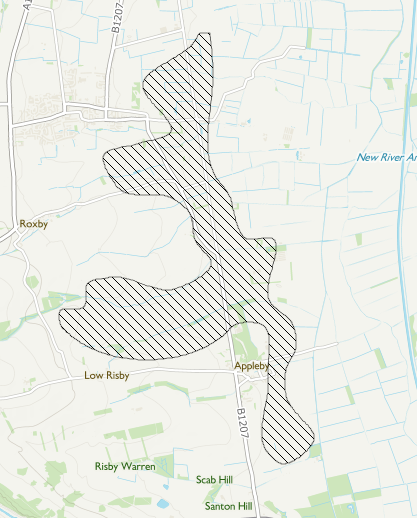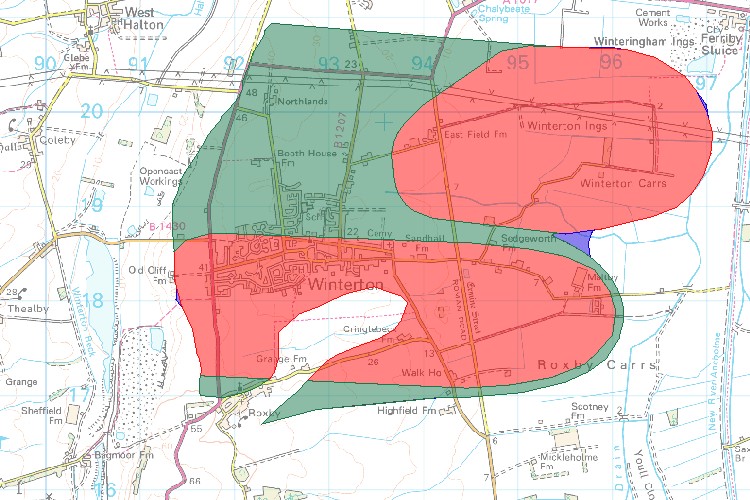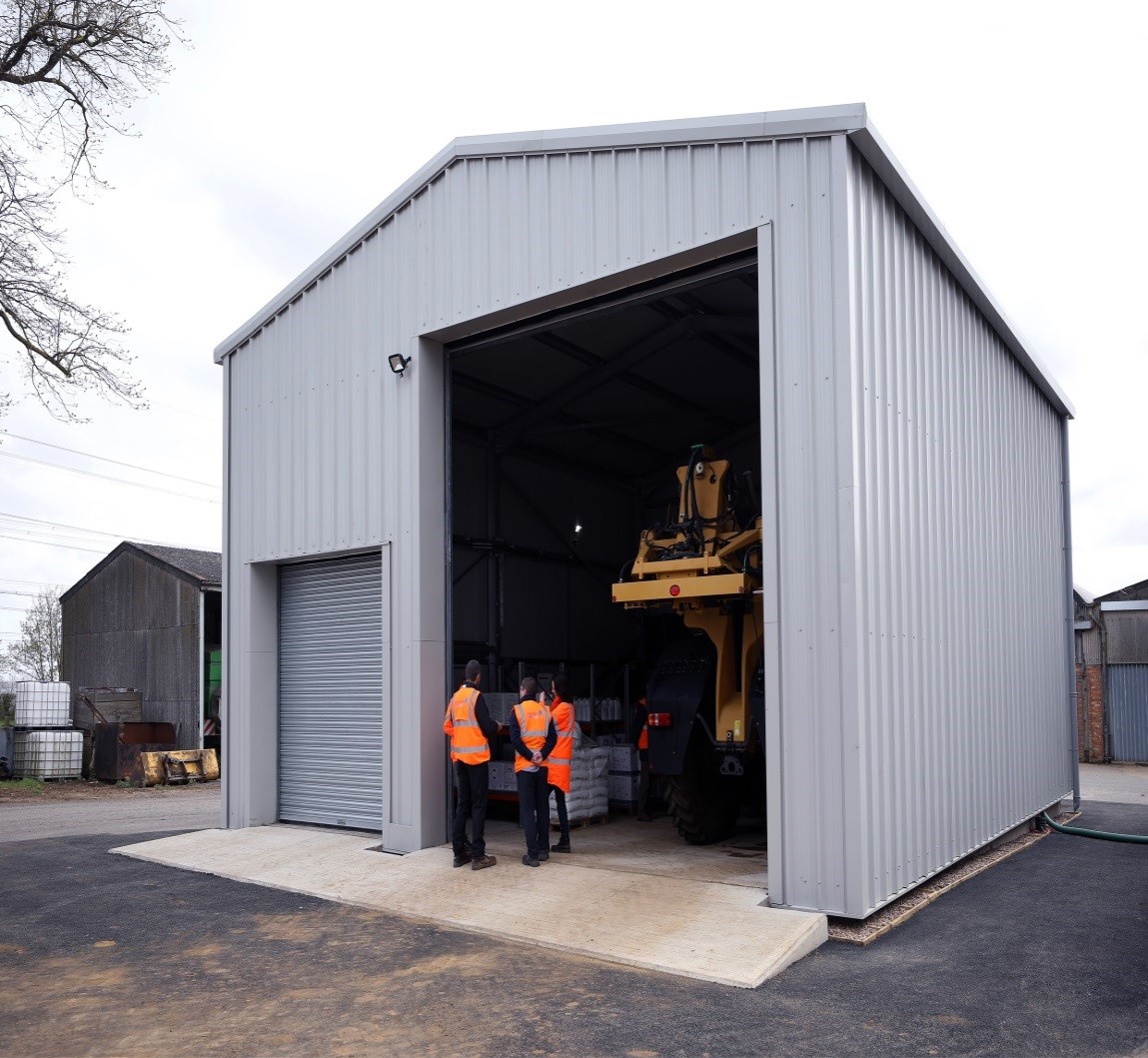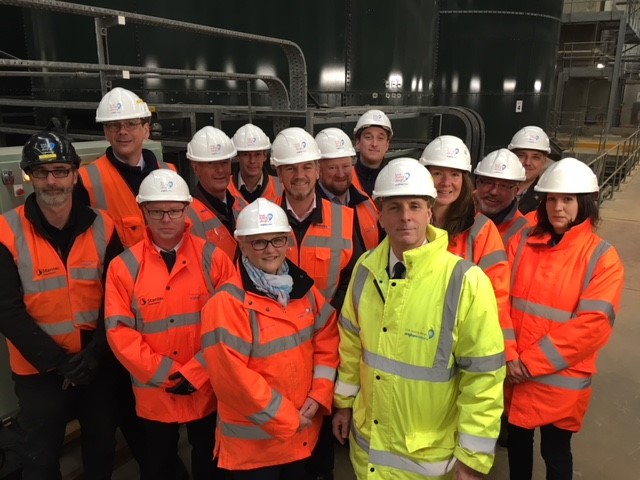Our motto is healthy crops, healthy water - we wanted to find a solution which all parties were happy with and really bought into. We identified the farmers we needed to work with and then funded the development of a pesticide filling and handling area that ensures pesticides are contained. It’s a bunded area where farmers can fill up the sprayer which then uses biofilters or biobeds for treatment. This collaborative approach has helped us to reopen Winterton WTW.
{{selectedAlertBand.alertDescription}}
{{selectedAlertBand.incident.heading}}




